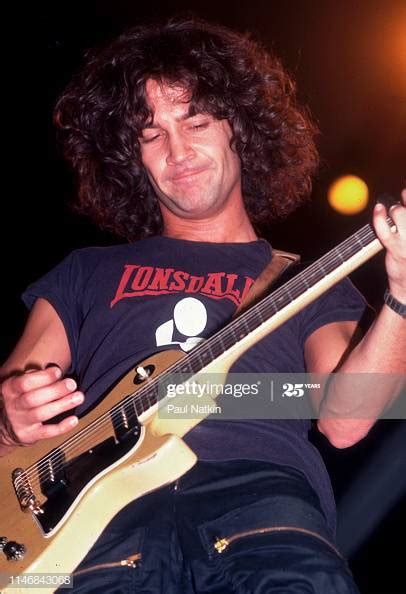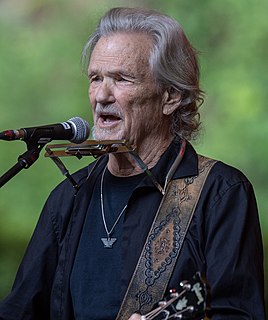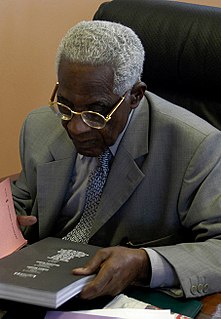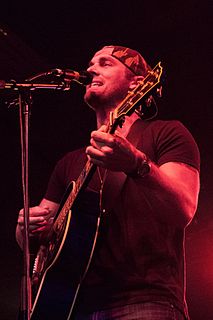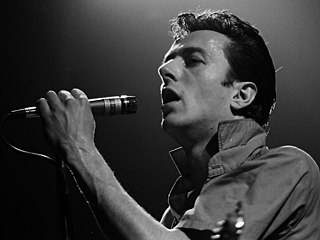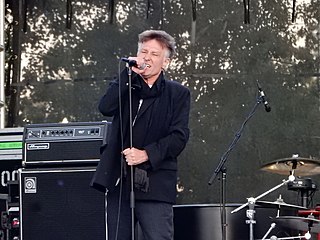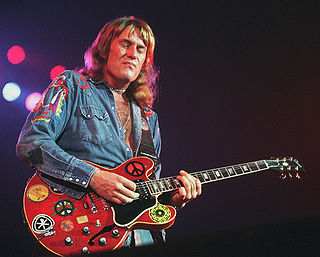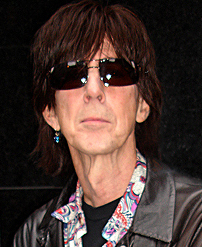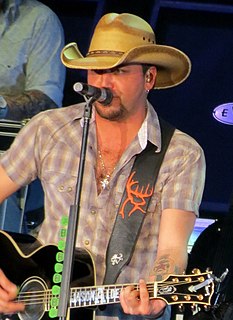A Quote by Albert E. Brumley
I wrote 'Turn Your Radio On' in 1937, and it was published in 1938. At this time radio was relatively new to the rural people, especially gospel music programs. I had become alert to the necessity of creating song titles, themes, and plots, and frequently people would call me and say, 'Turn your radio on, Albert, they're singing one of your songs on such-and-such a station.' It finally dawned on me to use their quote, 'Turn your radio on,' as a theme for a religious originated song, and this was the beginning of 'Turn Your Radio On' as we know it.
Quote Topics
Albert
Alert
Become
Beginning
Call
Call Me
Creating
Dawned
Finally
Frequently
Gospel
Gospel Music
Had
Know
Me
Music
Necessity
New
People
Plots
Programs
Published
Quote
Radio
Relatively
Religious
Rural
Say
Singing
Song
Song Titles
Songs
Station
Theme
Themes
Time
Titles
Turn
Use
Would
Wrote
Your
Your Son
Related Quotes
I turn on the radio. I'm a really big fan of old-fashioned dial radio. I love WNYC and NPR and also 88.3 in New York, which is the jazz station, and it's usually good for background music. If I'm not in New York City or by a traditional radio, I'll stream it on my phone, although I usually try not to look at my phone first thing in the morning.
When I turn on my radio, when I hear that Negroes have been lynched in America, I say that we have been lied to: Hitler is not dead; when I turn on my radio, when I hear that Jews have been insulted, mistreated, persecuted, I say that we have been lied to: Hitler is not dead; when, finally, I turn on my radio and hear that in Africa forced labor has been inaugurated and legalized, I say that we have certainly been lied to: Hitler is not dead.
The power of a label and radio and a booking agency and all that - you never know until you experience it the first time, but being able to have a song on radio, but then go play a show for people that have heard the song on radio, and having it sung back to you, is - I don't know how to describe it.
I could turn on my radio in the morning when I was getting dressed for school and hear Frank Sinatra and Duke Ellington and Benny Goodman and think this is the music. Now that music is art. Ellington is art. At that time it was just what you heard on the radio. Cole Porter was just a guy who wrote pretty songs and Billie Holliday would sing them.
The best thing you can do for a song is to hear it on the radio and to imagine what it could mean to you and then kinda forget the words. Just imagine how you felt when you heard it, if it was one of your songs. If it became one of your songs. If it meant whatever it meant for you and as soon as you see the visual, you get a rapid eye movement relationship with the song instead of an imaginative one. I think that can be dangerous because I don't think I'd want to be listening to a song on the radio and thinking about the video. Whatever that one interpretation was


